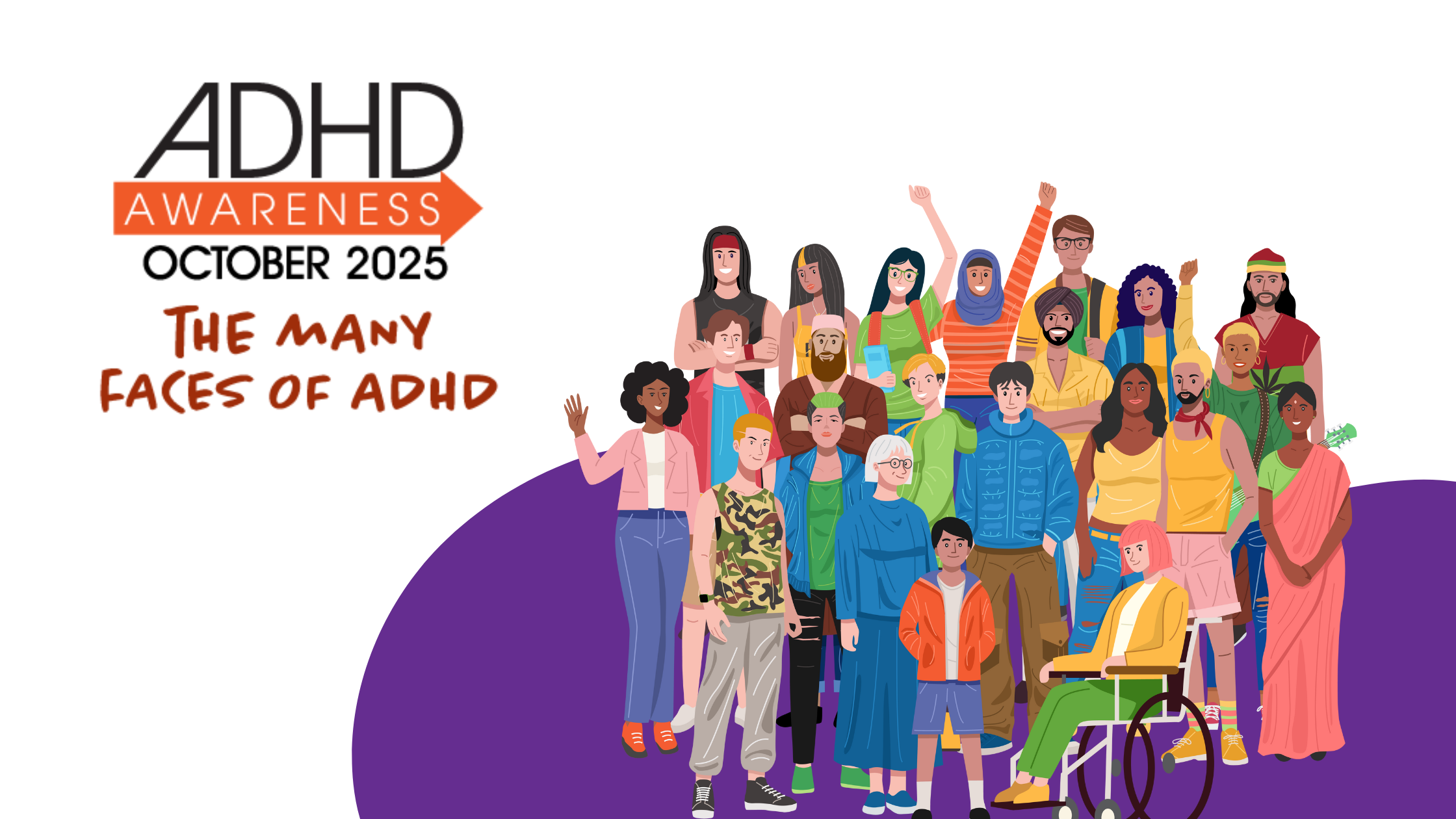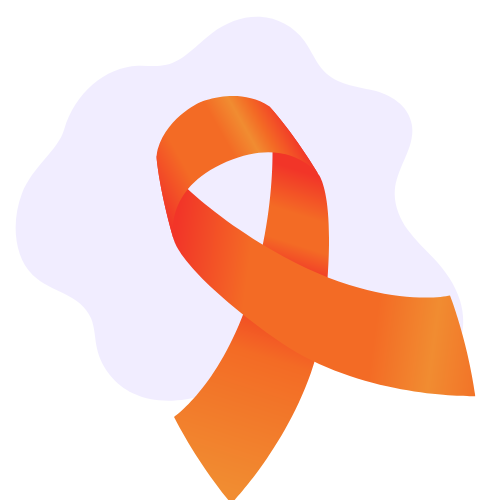ADHD Awareness Month 2025: The Many Faces of ADHD
ADHD Awareness Month is observed worldwide every October to promote understanding, reduce stigma and educate the public about Attention-Deficit Hyperactivity Disorder (ADHD). During this month, organizations and individuals participate in events to increase awareness and provide support for those living with ADHD.
This year’s theme, “The Many Faces of ADHD,” highlights the fact that ADHD manifests differently in each individual, with a wide variety of traits and experiences. The goal of this theme is to celebrate diversity, raise awareness, reduce stigma and break stereotypes.
The orange ribbon symbolizes hope, support and solidarity while serving as a reminder that understanding and compassion are essential in addressing the challenges of ADHD.
Why ADHD Awareness Matters
Reliable, science-based information is critical, as many misconceptions about ADHD persist. Despite being a highly treatable disorder, ADHD is often dismissed as fabricated, leading to underdiagnosis and a lack of treatment for many individuals.
“Denying that ADHD is real is like declaring that the world is flat!”
-Sarah Wright, ADHD Coach
Key Facts About ADHD
Over 11% of children ages 3-17 have been diagnosed with ADHD.
Among adults, 4.5% have ADHD, but researcher Dr. Russell Barkley estimates that up to 90% of adults with ADHD go undiagnosed.
ADHD is a genetically-related, neurologically-based condition supported by extensive research.
What is ADHD?
At its core, ADHD involves challenges with attention, impulsivity, and hyperactivity. However, ADHD is more than just these core symptoms—it is also a cognitive disorder and a developmental impairment of executive functions.
According to Dr. Thomas Brown, ADHD effects the following executive functions of the brain:
Decision-making
Organizing
Planning
Time management
Paying attention to detail
Common ADHD Challenges:
Difficulty completing and organizing tasks
Losing important belongings
Forgetfulness and distraction
Restlessness
Trouble focusing on details
These challenges can affect individuals at school, work and home.
ADHD and Coexisting Conditions
ADHD rarely exists in isolation. It is important to get the ADHD diagnosis as well as a screen for other conditions that can frequently be present, such as:
Anxiety
Depression
Learning disabilities
Proper diagnosis and screening are essential to address both ADHD and any coexisting conditions effectively.
Treatment Options for ADHD
Standard treatments for ADHD include:
Medication: Helps regulate brain function.
Education: Increases understanding of ADHD.
Coaching: Provides practical strategies and support.
Psychological Counseling: Addresses emotional and mental health challenges.
Daily living skills and emotional support are also vital for managing the psychological impact of living with ADHD.
Resources for ADHD Support
There are many valuable resources available to assist with diagnosis, support and education:
ADD Joy of Life Coaching, LLC:
Visit our contact page to sign up for a complimentary coaching session to better understand and manage your ADHD.
Scroll down to the bottom of this page to sign up for our mailing list and receive our time management guide, in addition to monthly resources on how to manage your ADHD.
ADHD Awareness Month Website: ADHDAwarenessMonth.org
Find an ADHD self-screener to give you more confidence for a provider visit.
Advocacy Organizations:
ADHD Coaches Organization (ACO): adhdcoaches.org
CHADD (Children and Adults with ADHD): chadd.org
ADDA (Adults with ADHD): adda.org
These organizations provide directories of providers by state, as well as support, resources and training opportunities.
ADDitude Magazine: additudemag.com
This quarterly publication is an excellent resource for learning about ADHD.
With proper diagnosis, treatment and support, individuals with ADHD can be among the most successful!
Let’s work together to raise awareness, reduce stigma and support one another during ADHD Awareness Month 2025 and beyond!



